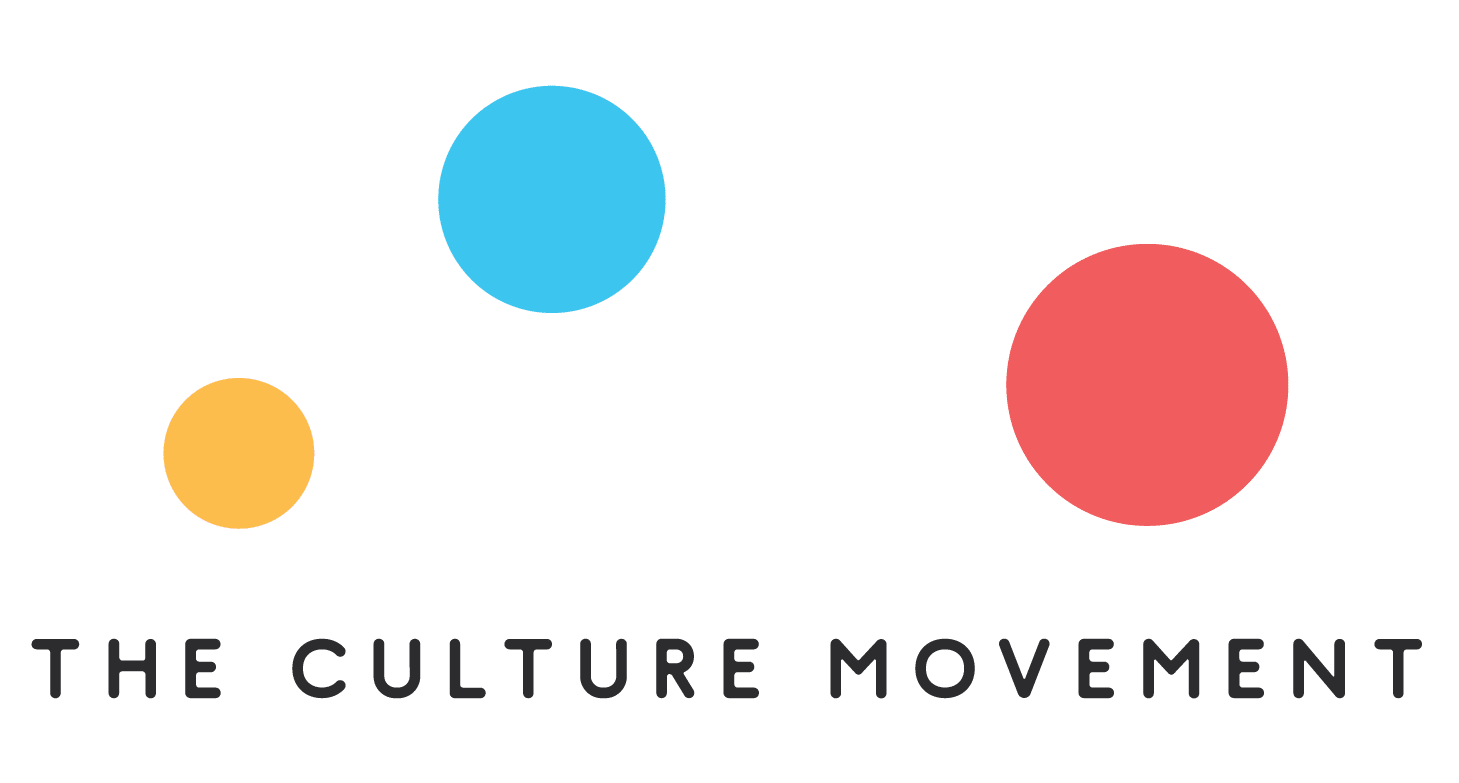
Social Media and Cultural Movements
Social media has revolutionized the way we connect, communicate, and engage with the world around us. In recent years, it has also emerged as a powerful platform for cultural movements, enabling individuals and communities to raise awareness, spark conversations, and drive meaningful change. we will explore the intersection of social media and cultural movements, highlighting how online platforms have become catalysts for amplifying voices and mobilizing action.
Let’s understand the role of social media in empowering cultural movements.
Transition words like “firstly,” “to start with,” or “initially” can effectively introduce this topic.
Transition: Firstly, social media provides a democratic space for marginalized voices to be heard.
we can now discuss the role of social media in empowering cultural movements. Consider the following points:
- Amplifying Voices: Social media platforms give individuals and communities the opportunity to share their stories, experiences, and perspectives with a global audience. This enables marginalized voices to be heard and empowers communities that have historically been silenced or underrepresented.
- Democratization of Information: Social media breaks down traditional barriers to information dissemination, allowing grassroots movements to share their message without relying on traditional media gatekeepers. This promotes inclusivity and democratic participation in cultural movements.
Let’s explore the impact of social media on cultural awareness and activism.
Transition words like “moreover,” “in addition,” or “furthermore” will help us introduce this topic effectively.
Transition: Furthermore, social media facilitates the rapid spread of cultural awareness and mobilizes collective action.
we can now discuss the impact of social media on cultural awareness and activism. Consider the following points:
- Viral Campaigns: Social media enables the rapid dissemination of information and the swift mobilization of supporters. Hashtags, viral challenges, and shared content can quickly raise awareness and galvanize support for cultural causes.
- Global Reach and Collaboration: Social media connects individuals and communities across geographical boundaries, fostering cross-cultural dialogue and collaboration. It allows cultural movements to gain international attention and build global networks of support.
Let’s explore the challenges and criticisms related to social media and cultural movements.
Transition words like “additionally,” “moreover,” or “furthermore” will help us introduce this topic effectively.
Transition: Moreover, social media also faces challenges such as the spread of misinformation and performative activism.
we can now discuss the challenges and criticisms related to social media and cultural movements. Consider the following points:
- Misinformation and Amplification of Hate: Social media platforms can be vulnerable to the spread of misinformation and the amplification of hate speech, which can undermine the goals and messages of cultural movements.
- Performative Activism: Social media can sometimes be a breeding ground for performative activism, where individuals engage in superficial gestures without meaningful action or long-term commitment. This can dilute the impact of cultural movements.
Social media has transformed the landscape of cultural movements, providing a platform for voices to be heard and driving positive change.
Transition words like “in conclusion,” “to sum up,” or “ultimately” can effectively signal the end of the blog.
Conclusion:
Social media has become a powerful tool for cultural movements, offering a space for marginalized voices to hear, raising awareness, and mobilizing collective action. By amplifying voices, promoting cultural awareness, and facilitating global collaboration, social media has transformed the way we engage with and participate in cultural movements. However, it is important to address the challenges of misinformation and performative activism to ensure that social media remains a force for positive change. By harnessing the potential of social media while being critical consumers of information, we can leverage these platforms to create a more inclusive and equitable society, where they can thrive and make a lasting impact.
